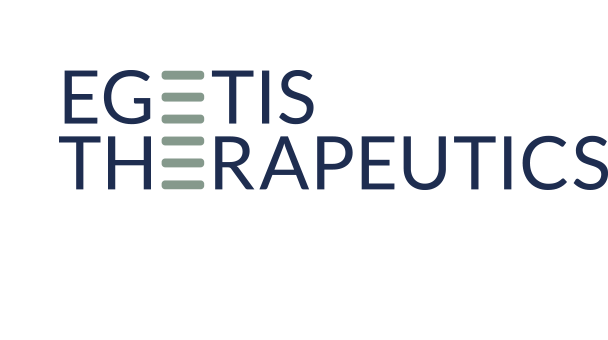Aladote®- treatment of paracetamol/acetaminophen overdosing
Aladote® is a “first-in-class” drug candidate with the potential to prevent the risk of liver damage associated with paracetamol/acetaminophen overdosing. Aladote® has shown good efficacy in relevant preclinical models, even in the time-window when N-acetylcysteine (NAC) treatment no longer is effective. A proof of principle study in patients with paracetamol poisoning has been successfully completed. The study results established the safety and tolerability of the combination of Aladote® and NAC. Further, the results indicate that Aladote® may reduce liver injury in this patient population. Aladote® has been granted Orphan Drug Designation (ODD) in the US and the EU.
The design of a pivotal Phase IIb/III study for Aladote® has been finalized after completed interactions with FDA, EMA and MHRA. The Phase IIb/III study is targeting increased-risk patients arriving late at the hospital, more than 8 hours after a paracetamol overdose, for which current standard of care, NAC, is no longer effective. The primary efficacy endpoint measures prevention of liver injury as a composite endpoint of ALT and INR at the completion of the 21 hrs treatment period, similar to the criterion for when a patient is discharged from hospital. The total planned sample size is 250 patients, who will be enrolled in the US, UK and in at least one EU country. The study, named Albatross, has been postponed until Emcitate marketing authorization submissions for MCT8 deficiency have been completed.
Paracetamol/acetaminophen is the most used drug in the world for the treatment of fever and pain, but also one of the most overdosed drugs – intentional or unintentional. Paracetamol overdose is also one of the most common method in intentional suicide attempts. When excessive amounts of paracetamol are broken down in the liver, the harmful metabolite NAPQI is formed, which can cause acute liver injury. The current standard of care for paracetamol poisoning (NAC) is effective if the patient seeks medical care within 8 hours of ingestion. However, NAC is substantially less effective if started more than 8 hours after an overdose.

